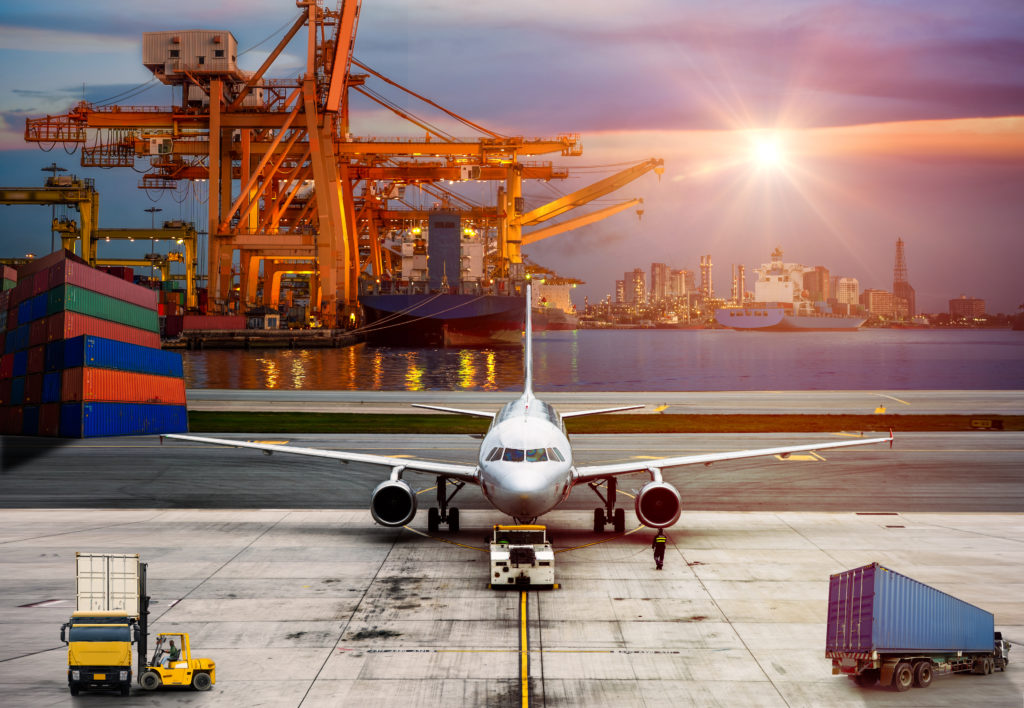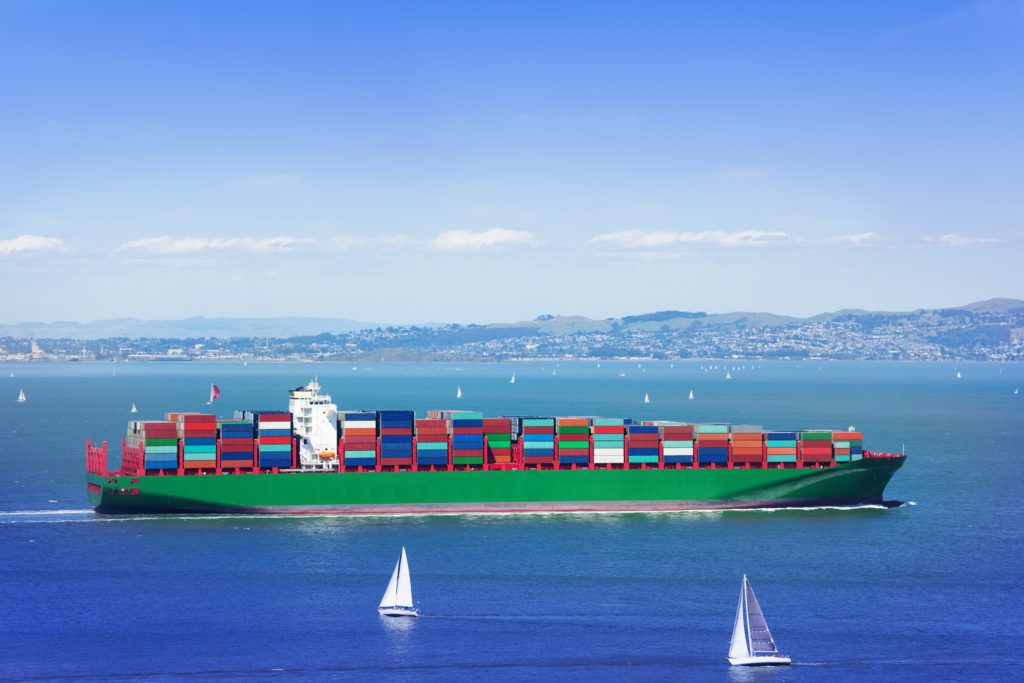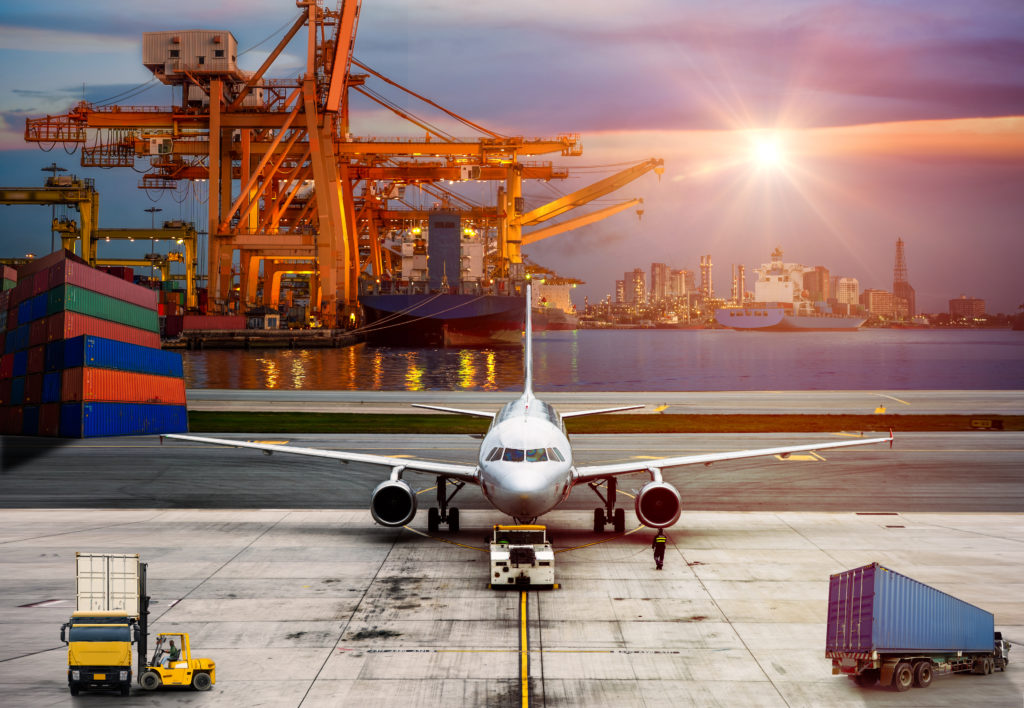International Mail Facility and FDA
FDA Regulated Products Entering U.S. International Mail Facility
International Mail Facility (IMF) and FDA Regulation
Mail entering the U.S. from abroad arrives at a U.S. Postal Service (USPS) sorting facility (International Mail Facility, IMF). Upon initial screening at arrival, USPS sends packages to U.S. Customs and Border Protection (CBP) for examination. CBP then refers the products that are regulated by the Federal Food and Drug Administration (FDA) to the FDA's investigators for review.
What role does the FDA play at an IMF?
At the IMFs, the FDA provides front line defense against illegal, illicit, unapproved, counterfeit and potentially dangerous drugs and other violative FDA-regulated products from entering the U.S. via international mail. The FDA's investigators are responsible for monitoring mail importations of FDA-regulated products by conducting comprehensive examinations of packages that have been referred by CBP. The FDA examines and determines the admissibility of packages containing FDA-regulated products that are imported through the IMF. If a package is found or suspected to contain a controlled substance during the FDA's screening, it is referred to CBP for an admissibility determination.
In-Depth Coverage: Country of Origin
- Country of Origin of Imported Merchandise
- Customs Ruling: Country of Origin
- Country of Origin: Food Products
- Country of Origin: Chemical and Pharmaceutical Products
- Country of Origin & Country of Manufacture: CBP vs. FDA
- Country of Origin: Substantial Transformation or Country of Assembly Test
- Country of Origin and Free Trade Agreement
- Country of Origin and Section 301
What types of packages are referred to the FDA at an IMF?
Packages referred to the FDA by CBP contain a wide range of FDA-regulated products such as dietary supplements, medical devices, and human drugs. These packages include unapproved products; counterfeit or substandard drugs; dietary supplements being sold for weight loss, sexual enhancement, bodybuilding or pain relief that contain potentially dangerous undeclared ingredients.
What happens to international mail that appears to violate the FDA's laws and regulations?
If an inspected mail package contains product(s) that appear to violate the FDA's laws and regulations and the products do not meet the definition of a personal importation, the package may be detained. The FDA notifies the responsible party by issuing a Notice of FDA Action that will either state “Detained” or “Detained/May be Destroyed.”
What happens after the intended recipient responds to the initial Notice of FDA Action?
Once the imported product(s) have been detained by the FDA at an IMF, the next step will depend on whether or not sufficient evidence was provided to the FDA to overcome the appearance of the violation.
If the testimony submitted allows the FDA to determine the product(s) are in compliance with the FDA's laws and regulations, the package will be forwarded to the recipient and the FDA will issue a Notice of FDA Action indicating the product(s) have been released.
If the testimony supplied to the FDA is not sufficient to determine that the product(s) are in compliance with the FDA's laws and regulations, the product(s) will be refused admission. The FDA will issue a Notice of FDA Action indicating the product(s) have been refused. The Notice of FDA Action will state the reason(s) why the product(s) have been refused.
In-Depth Coverage: Importing Medical Device
Some refused drug products may be subject to administrative destruction; the Notice of FDA Action will indicate whether the drug will be destroyed or returned to the sender. All other FDA-regulated products will be referred to USPS and returned to the sender. At this point, no further action will be required by the recipient.
Are express carriers, such as Federal Express, considered “international mail”?
The term “international mail” only covers foreign national mail services. Express carriers, such as Federal Express, as well as express consignment operators, or other private delivery services are not considered international mail unless such service is operating under contract as an agent or extension of a foreign mail service.
For further information please refer to the following FDA websites.
FDA-Regulated Products and Import Requirements
- What is Food Safety Modernization Act (FSMA)?
- Prior Notice of Imported Foods
- Food Facility Registration
- Risk-Based Preventive Controls for Human Food
- Risk-Based Preventive Control for Animal Food
- Standards for the Growing, Harvesting, Packing, and Holding of Produce for Human Consumption
- What is Foreign Supplier Verification Program (FSVP)?
- Protect Food against Intentional Adulteration
- FDA Regulated Product in Foreign Trade Zone (FTZ)
- Entry Review Process for FDA Regulated Products
- Country of Origin VS Country of Manufacture
- Foods Regulated by FDA or USDA: What is the Difference?
- Label and Labeling Claims for Conventional Food and Dietary Supplements
- What is USDA Country of Origin Labeling (COOL)?
- Import for Export of FDA Regulated Products
- FDA Regulated Products in Personal Baggage or Sending by Mail or Courier
- International Mail Facility (IMF) and FDA Regulation
- Importing Biological Product Regulated by CBER
- Importing Cosmetics and Voluntary Cosmetic Registration Program (VCRP)
- Importing Drugs into the U.S.
- Importing OTC Drugs into the U.S.
- Importing Veterinary Drugs into the U.S.
- Importing Tobacco Products into the U.S.
- Importing Medical Devices into the U.S
- Importing Food Products into he U.S.
- Importing Radiation-Emitting Products into the U.S.
Customs Clearance and Import Requirements
- Entry of Imported Merchandise
- What is Section 321 Entry?
- What is Automated Commercial Environment (ACE)
- What is an Automated Broker Interface (ABI)?
- Who is Ultimate Consignee?
- What is Non-Resident Importer Program?
- Country of Origin of Imported Merchandise
- What is the Country of Assembly?
- What is the FDA's Country of Manufacture?
- Marking of Country of Origin on U.S. Imports
- What is Customs Bond?
- Reconciliation Prototype and Bond Rider
- Who Needs a Customs Broker?
- What is Customs Ruling Program?
- Classification of Imported Goods
- How is imported merchandise appraised?
- What are Import Quotas?
- What are Trade Remedy Duties?
- Antidumping Duty (AD) and Countervailing Duty (CVD)
- What is Foreign Trade Zone (FTZ)?
- What is Importer Security Filing (ISF)?
- What is Temporary Importation under Bond (TIB)
- What is In-Bond Process?
Quick Link To U.S. Customs & Import Requirements
Guidance on customs & logistics solution for traditional and e-commerce importers and exporters
Importer Security Filing (ISF)
An ISF is required when cargo (ocean only) laden on vessel at a foreign port is destined for shipment into the U.S. Under ISF rule, some details regarding cargo must be transmitted to the CBP at least 24 hours before goods are loaded onto the vessel, or at least 24 hours prior to the departure to the U.S.
Freight Forwarding
Looking for a freight forwarding partner? To move your cargo from its current location through customs to its final destination we will partner with you to find the best way for your business. Whatever your transportation, logistics or customs clearance needs, we will do our best to customize a solution for your needs.
Customs Clearance
The goods imported into the U.S. are required to be declared to CBP. Our customs broker will help you stay in compliance with customs laws and regulations and clear your goods quickly and efficiently with our electronic Automated Commercial Environment (ACE) and Automated Broker Interface (ABI) Single Window System
Warehousing & Distribution
Our warehouse facility offers great potential for serving as a regional hub with over 145,000 SF storage capacity close to Los Angeles Airport & Los Angeles/Long Beach Sea port. With our extensive experience in freight services, your import/export cargo will be handled quickly and effectively.
Non-resident Importer Program
If you want to sell your products in U.S. marketplaces, but you are a business owner located outside of the U.S. and do not have an entity or presence in the U.S., you need to be established as a Foreign Importer of Record before your products can be imported into the U.S. We can help you.
Section 321 Entry
Section 321 entry allows importing free of duty and tax for shipments imported by one person on one day having a fair retail value in the country of shipment not more than $800. We provide our resident and non-resident clients with dedicated ACE eManifest solutions for Section 321 entry of all modes of transportation.
E-Commerce
The Internet has made it easy to find and purchase items from almost anywhere in the world. Our e-commerce experts will help you find the right solution for your international transportation, customs clearance, and delivery to your final destination. We also provide value-added repackaging, warehousing and distribution services.


















